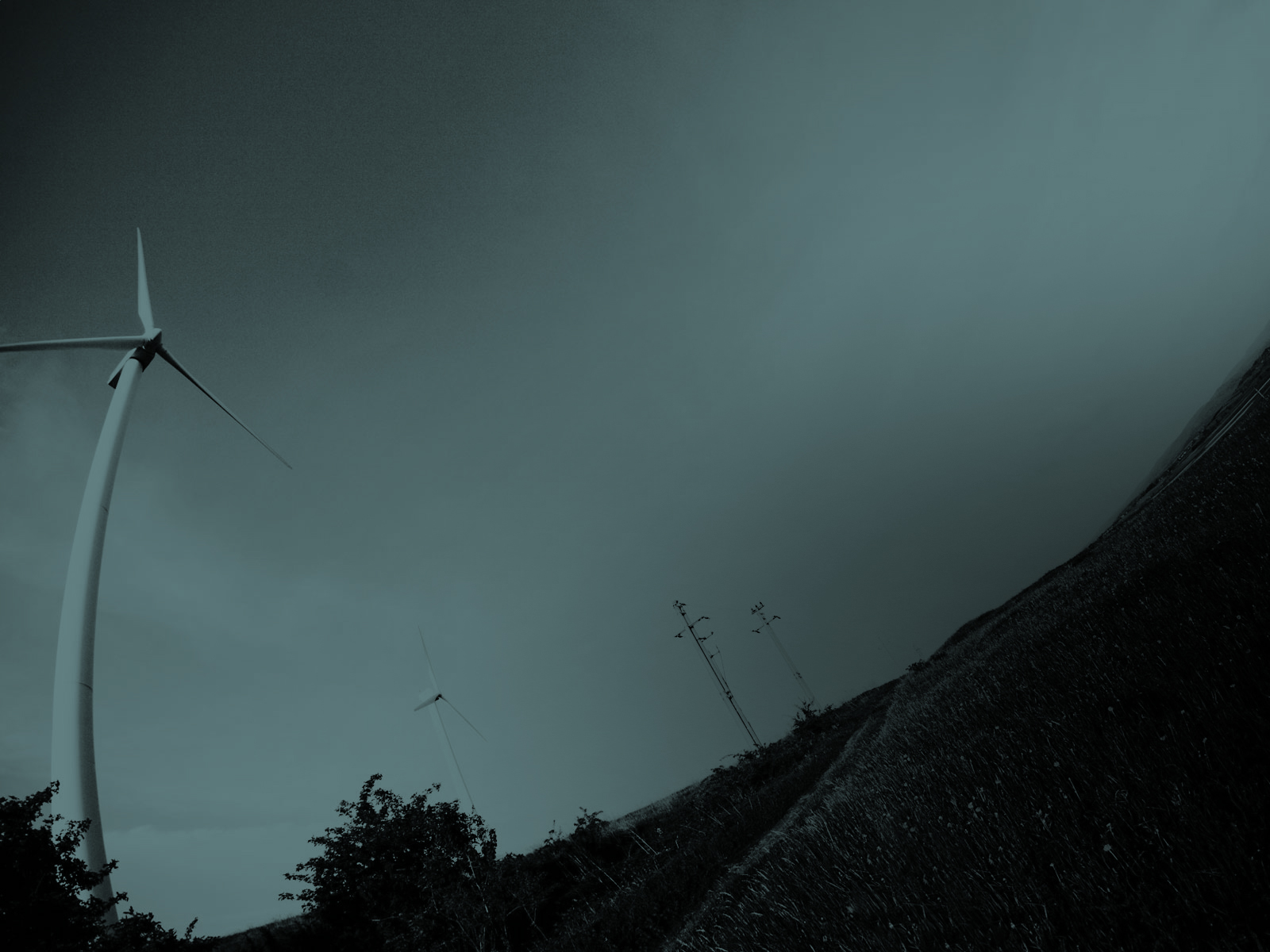Further urgent action by government and business is needed to make low carbon energy a reality. The legally binding “fourth carbon budget” requires that by 2025 emissions are halved compared to 1990 levels. However, our latest progress report shows that only 0.8% of last year’s 7% fall in emissions was linked to proactive carbon lowering measures. This rate of underlying progress is only a quarter of that required to meet the fourth budget. Getting the country on track to meet this target will be particularly difficult as the economy recovers and energy demand increases.
The imperative now is to improve the investment climate for low carbon technologies, providing more certainty while being careful not to overburden business. First and foremost, this means putting in place incentives for investment in low carbon power generation technologies to drive a threefold increase in the rate of investment in renewables, kick-start a new nuclear programme and support the development of new technologies for carbon capture and storage (CCS). Meanwhile, incentives also need to be strengthened to improve energy efficiency, particularly in the residential sector. In general, Government policies require further clarification, and gaps in the policy framework need to be addressed.
Investing in low carbon technologies now will help put us on the economically sensible path to meeting our longer term climate objectives, and allow us to avoid higher costs and risks due to delayed action. The costs of early action should not be overstated: these start very low over the next few years, rising to 1% of GDP by 2030.
There will be energy affordability impacts, because low carbon technologies are more expensive than conventional alternatives using unabated fossil fuels. But we should be clear that these costs are likely to be of the order of an additional £100 for the typical household in 2020 compared to 2010, and not the exaggerated amounts some have claimed (e.g. up to several thousand pounds).
It is crucial that there is a level playing field for energy intensive industries operating in globally traded markets. But competitiveness risks in this area have been addressed within the EU’s cap and trade scheme. Here in the UK and as result of the fourth carbon budget, a new package of measures was introduced to ensure that electricity intensive industries such as iron and steel and aluminium are not disadvantaged as a result of our climate policies.
It is better to invest now, developing technologies and deploying these as the capital stock turns over. Not only will this allow us to avoid a situation where we invest in the wrong technologies which we then have to scrap. It will also focus our research and heavy engineering capabilities on industries of the future which offer longer term prosperity.
This is the challenge for our Government. And although times are difficult, it is important that we keep our resolve, acting now to address our long term objectives and gaining economic benefit from doing this.
The views and opinions expressed in this article are those of the authors and do not necessarily reflect the views of The Economist Intelligence Unit Limited (EIU) or any other member of The Economist Group. The Economist Group (including the EIU) cannot accept any responsibility or liability for reliance by any person on this article or any of the information, opinions or conclusions set out in the article.




